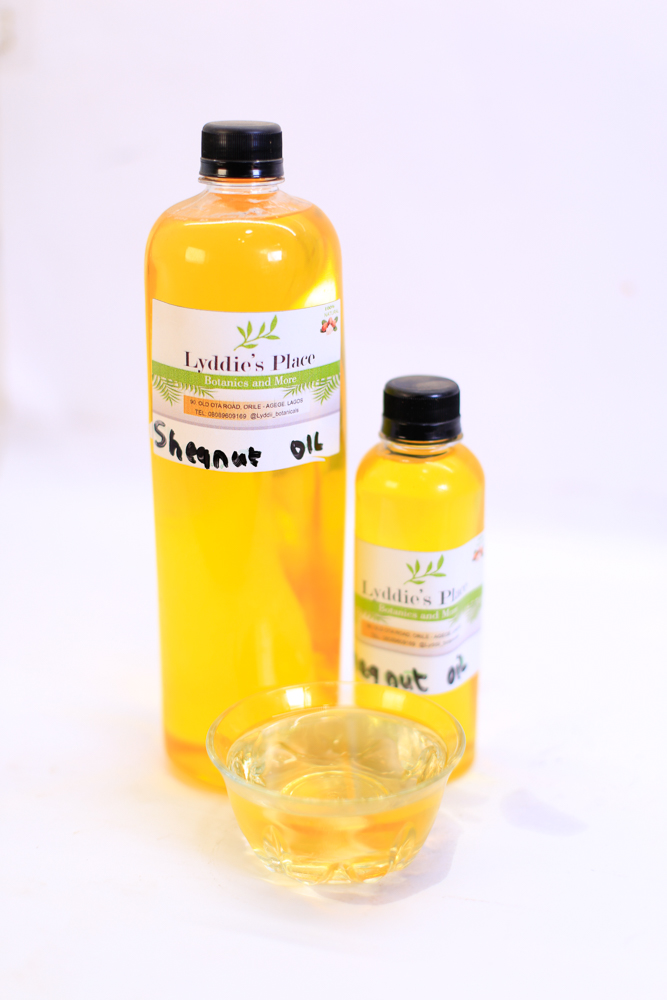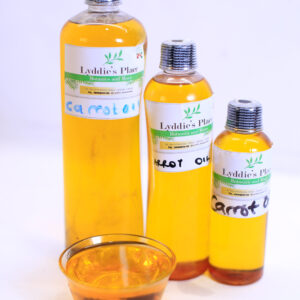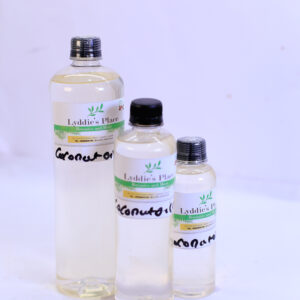Shea Nut Oil (Vitellaria paradoxa)
The Liquid Gold of the African Savannah
Source & Extraction
Derived from the nuts of the shea tree (Vitellaria paradoxa), native to West Africa’s savannahs, this oil is the less-processed, liquid counterpart to shea butter. Cold-pressed from raw shea nuts, it retains a higher concentration of unsaponifiables (bioactive compounds) compared to refined shea butter.
Key Benefits
- Skin:
- Deep Hydration: Rich in oleic acid (omega-9) and linoleic acid (omega-6), it strengthens the skin barrier and locks in moisture.
- Anti-Inflammatory: Soothes eczema, psoriasis, and sunburn.
- Anti-Aging: High in vitamins A and E, plus catechins, to combat free radicals and improve elasticity.
- Hair:
- Repairs split ends, softens curls, and protects against heat/UV damage.
- Nourishes dry scalps and reduces flakiness.
- Culinary:
- Used in traditional African cooking for its nutty flavor and high smoke point.
Traditional & Modern Uses
- Skincare: Facial serums, body oils, after-sun care.
- Haircare: Pre-wash treatments, leave-in conditioners, scalp massages.
- Culinary: Frying, dressings, or drizzled over grains.
- Cultural: Used in African postpartum rituals to nourish skin and promote healing.
How to Use
- Face: 2–3 drops mixed with rosewater for a radiant glow.
- Hair: Warm slightly and apply to ends before braiding or heat styling.
- Body: Blend with marula oil and lavender essential oil for a calming massage.
Safety & Storage
- Comedogenic Rating: 2/5 – Safe for most skin types; patch-test if acne-prone.
- Allergies: Rare, but avoid if allergic to shea.
- Shelf Life: 12–18 months in a cool, dark place (refrigeration extends freshness).




